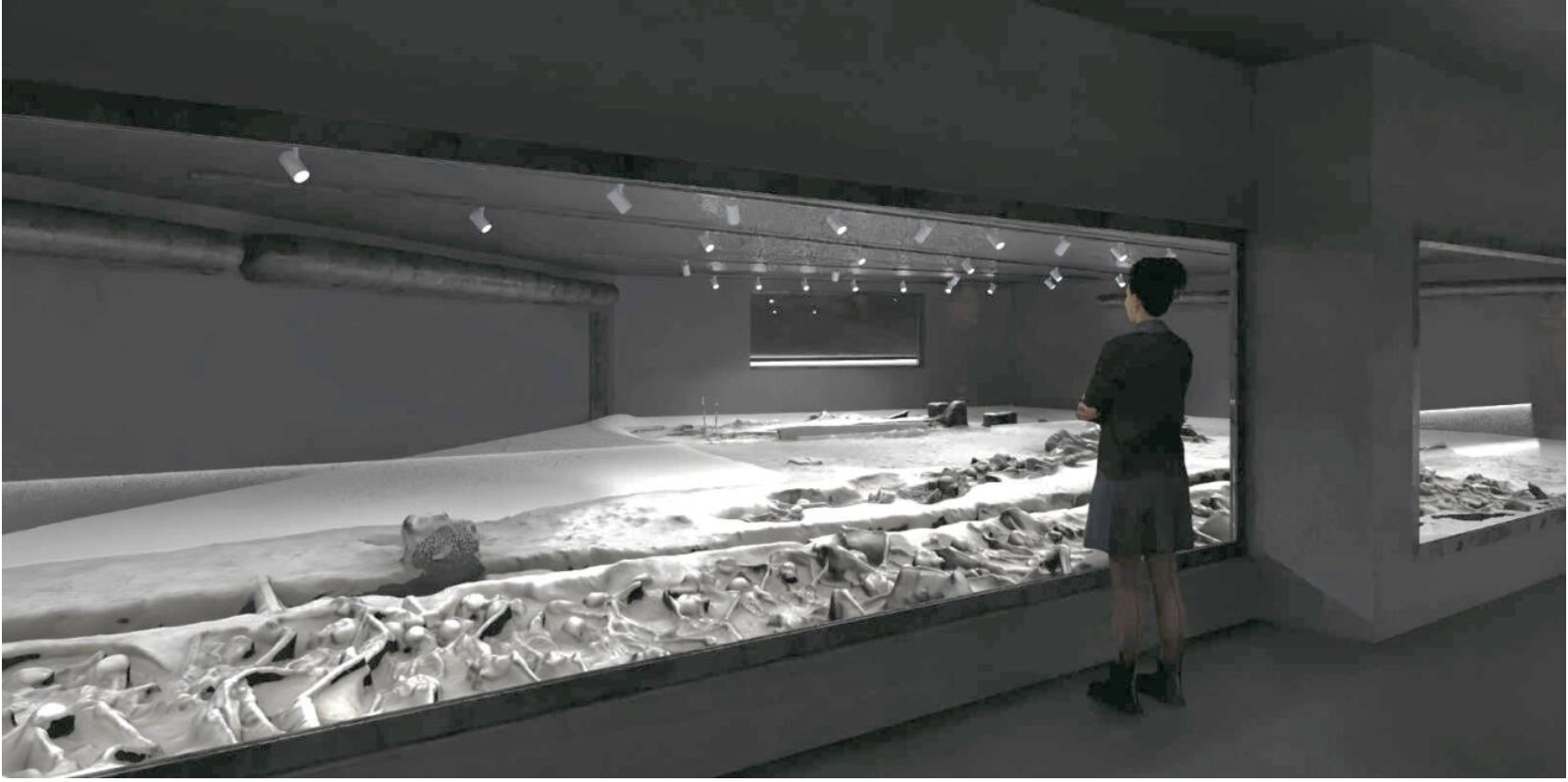A person who refuses to submit to a paternity test (DNA) to determine whether a child born out of wedlock is inferred to be the biological father of the newborn child, according to the Supreme Court. This is on the additional condition that in order to establish the paternity of the minor, the existence of carnal intercourse with the child’s mother during the period between 180 and 300 days before the birth must also be proven.
An unmarried woman entered into a sexual relationship and had consummated sexual intercourse. The couple’s relationship lasted approximately eleven months and during that time she became pregnant. During her pregnancy and while she was in her third month of pregnancy, her father met the man with whom his daughter was having an affair. Initially, he denied that he was in a serious relationship with the pregnant woman, but nevertheless they agreed to meet again to talk.
Battle of the Exotics
But instead of meeting, the girl’s father received a call from the alleged father’s lawyer, who asked that his client not be bothered again. After this unsuccessful attempt to reach out and after the birth of the child, the mother sent an out-of-court letter to the biological father and asked to contact her lawyer to settle “the issue of acknowledging the paternity of the child.”

Despite this, he continued to deny having any connection to her child and they continued to exchange out-of-court letters. In the last out-of-court letter the mother invited him to participate “in a disputed paternity test at a public hospital”. At the same time, she informed him of her intention to go to court to secure the legal rights of the newborn. He continued to question and deny any responsibility for the child’s existence, and described his mother’s claims of paternity as “fictions.”
Following this, the unmarried mother filed a lawsuit at the Athens Court of First Instance, which ordered a medical expert examination and appointed an expert biologist, an expert in DNA testing. The biologist, after taking a sample from the mother, the alleged father and the child, would perform an analysis, using the RNA DNA hybridization method, and give an opinion as to whether he is the father of the minor.
However, the expert examination never took place, as he, despite being summoned twice, did not appear in order to take a sample of genetic material. Furthermore, twice thereafter the Court of Appeal ordered a DNA test to be conducted by the Court of Appeal, where the case was brought, but again without result, as he refused to provide a genetic sample for two more times.
Proof of contact
As the appellants point out, under the provisions of the Civil Code for “the judicial recognition of paternity of a child born out of wedlock, it is sufficient to prove that the defendant came into carnal relations with the mother of the child during the period included between 180 and 300 days prior to the birth”.
As stated in the Supreme Court’s decision, his failure to attend the experts “amounts to an unjustified refusal to submit to the necessary blood test or the taking of any genetic material, since he does not invoke a specific health reason that prevents the relevant examination.”
The minor’s father (according to the court decisions) lost the trials and appealed to the Supreme Court seeking to have the appellate decision against him overturned. However, the A2 Civil Division rejected his application and upheld that he is the biological father of the child born out of wedlock during the affair he had with the minor’s mother.
Ask me anything
Explore related questions





